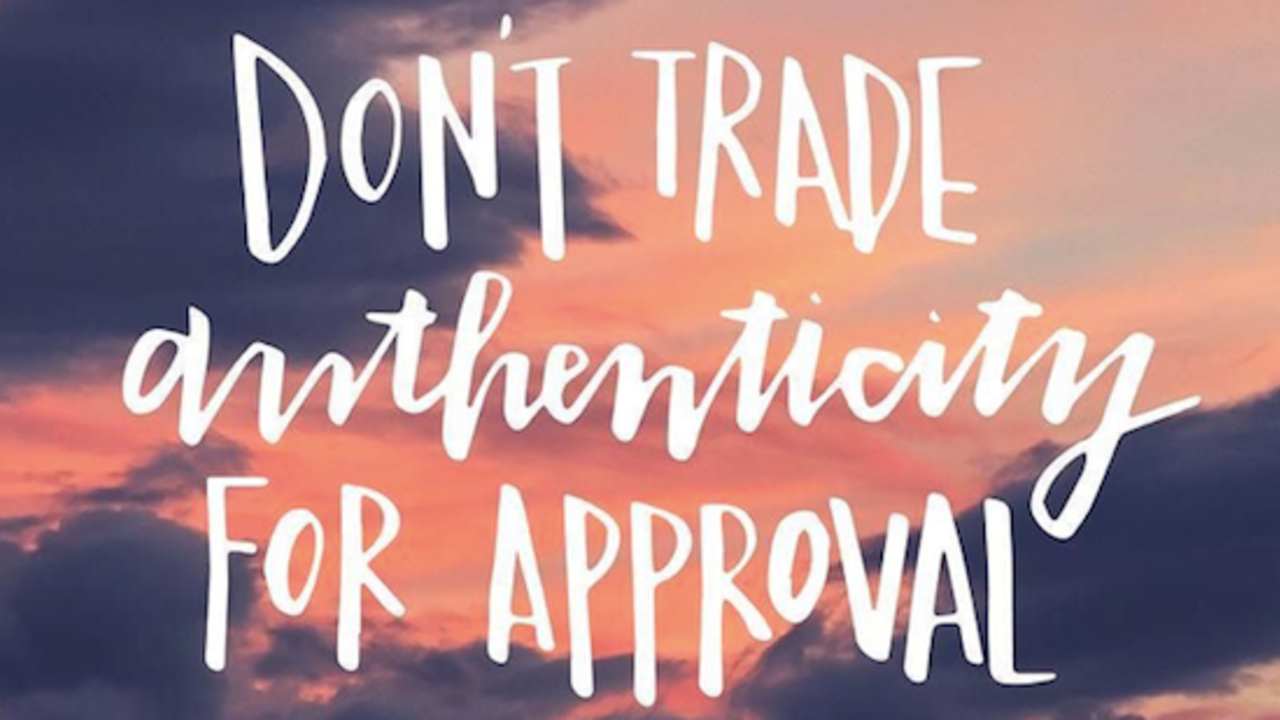Be Beautifully, Authentically You
Sep 20, 2020
Personas and authenticity
Most of us have a natural tendency to vary the way in which we present ourselves according to the different people we are interacting with, or situations we are experiencing. When we change our personas to suit different social situations, we may be acting out of character in an attempt to be what or how we think we “should” be. Indeed, we may be acting in accordance with what we believe others would like or prefer, or perhaps to evoke some other specific response from them.
By crafting or inventing the self we present with different people – for example, with our parents, clients, lovers, friends, teachers, colleagues or bosses – in various situations, we can then find it difficult to identify with our authentic self. By crafting our persona for any particular person or situation, we are not being true to ourselves. We can feel disconnected from ourselves and others can feel disconnected from us.
Becoming authentic is an individual mission. As each person has their own way of being human, thus what is authentic will be different for each individual. The unique nature of each of us is best seen in our individual journey toward becoming aligned with our authentic self, as it unfolds over time. Becoming authentic involves knowing oneself, along with recognising others and the mutual influence that exists between individuals. Along with being honest, authenticity helps us to increase our self-awareness, humility and capacity to receive feedback from others.
The path to authenticity is an ongoing process as our individual identity is constantly evolving. As we increase in authenticity, we become a happier, more creative version of ourselves. According to some psychologists, authenticity can also lead to better coping strategies, a stronger sense of self-worth, more confidence, and a higher likelihood to follow through on goals. As we become more authentic, we absolutely become more at ease in life, with ourselves and others.
